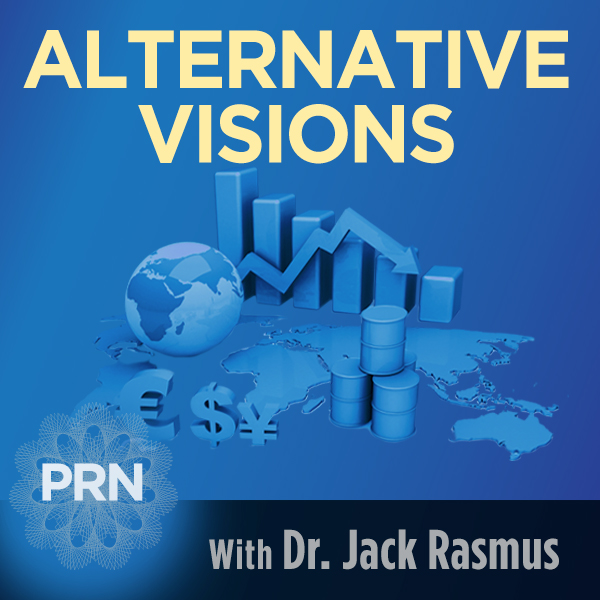Jack Rasmus discusses the latest events of the past week in the Greek debt negotiations, with the IMF ‘walking out’ of negotiations and both sides, the Troika and Greece appearing to issue ultimatums as to what is unacceptable. Three choices remain as negotiations come down to a June 30 deadline: either Greece defaults (fails to make payments due on June 30 to the IMF when the current extension of the debt agreement expires; the Troika (IMF, ECB, European Commission (finance ministers) continue to insist on a ‘take it or leave it’ position, or both parties—Greece and Troika—agree to extend both the agreement and debt payments due for another 30-60 days and continue negotiating. Jack explains how the latter is most likely, but may not happen nonetheless. Consequences of a default for Greece, the Eurozone markets, and the global economy and banking system are considered. In the second half of the show, Jack explains in detail how Greek debt rose to its current $300 billion, unsustainable levels. The explanation is to be found in the US ‘twin deficits’ (trade and budget) policies introduced successfully by US capitalists and government in the early 1980s to resurrect the US economy and solidify its global hegemony once again after the crises of the 1970s. Twin deficits were a key element of US neoliberal policies that have worked since 1980 to ensure US dominance. With the creation of the Euro in 1999, northern European bankers and governments attempted to create a similar arrangement within the Eurozone. It worked until the 2008-09 crash, the second European recession of 2012, and the chronic slow growth ever since in Europe. Greek (and Euro periphery) debt rose ever higher with each event, to its unsustainable levels today. Why the Euro ‘twin deficits’ neoliberal strategy failed.

